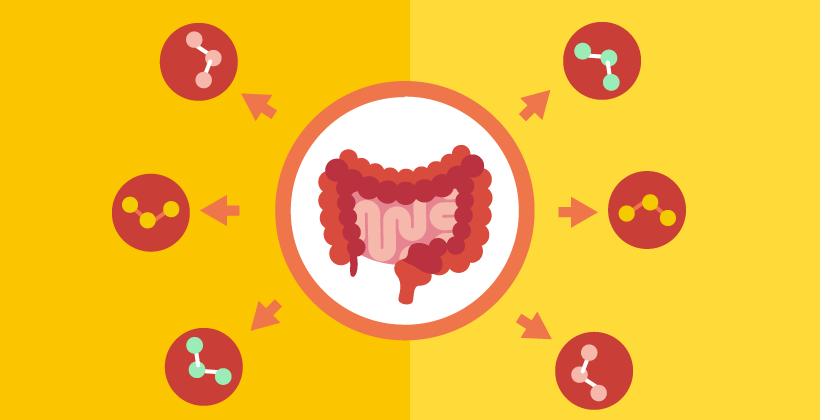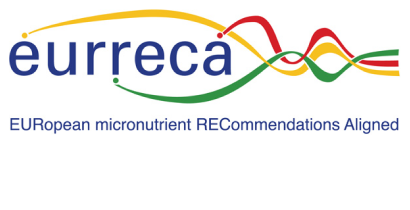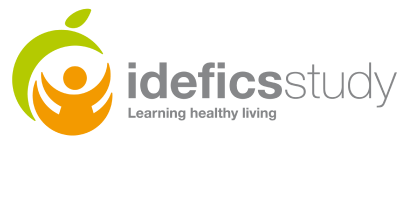Tackling diet-related diseases and behavioural disorders by investigating the human microbiome (MyNewGut)
Last Updated : 01 December 2013To date, the lack of general understanding of how the human gut microbiome and its interaction with lifestyle factors contribute to our health and wellbeing is common amongst nutritionists, dietitians, the public and policymakers – including those involved in establishing dietary guidelines. The MyNewGut project is a five-year multidisciplinary research initiative to enable basic scientific findings in the field of the gut microbiome to enhance human health. The MyNewGut project will contribute to the development of new approaches to prevent diet-related diseases and behavioural disorders through lifestyle changes and microbiome-based dietary recommendations, through the design of semi-personalised and innovative food products targeting the gut microbiome.
This will help to increase the competitiveness of the European food industry and provide claims on foods, supported by rigorous scientific evidence and ensuring stronger protection for consumers. Results will improve the position of the EU in preventing diet and behavioural disorders by engaging audiences at all levels ranging from policy makers to the industrial sector, research communities and the public.
What is the gut microbiome?
The gut microbiota is a complex and dynamic ecosystem containing tens of trillions of microorganisms living in our intestines. The gut microbiome is the genome of the gut microbiota and contributes to our metabolism and physiological diversity.
A large body of evidence supports the notion that the gut microbiota and its genome (microbiome) play a role in human development and physiology. Microbiome-related functions depend on lifestyle (e.g. diet, eating habits, a baby’s method of delivery at birth, etc.) and other factors, which jointly influence the communication and function of the gut, brain and peripheral tissue connections (including the liver, fat, etc). This all determines our health status and the risk of developing diet and brain-related disorders. Therefore, developing microbiome-based dietary recommendations and interventions can be cost-effective measures to reduce the socioeconomic burden of diet- and brain-related diseases in Europe; particularly, obesity and chronic-metabolic and behavioural disorders.
MyNewGut’s research:
The project will undert ke a multidisciplinary research approach, which includes a number of different scientific disciplines to progress our scientific knowledge of the microbiome and to ensure cutting edge outputs.
MyNewGut has four main objectives:
- Investigating the role of the gut microbiome and specific components in nutrient metabolism and thereby energy balance.
- Identifying specific gut microbiome components and associated metabolic functions that contribute to and predict obesity, eating disorders and co-morbidities such as diabetes or metabolic syndrome.
- Understanding the influence of environmental factors on the gut microbiome in pregnancy and early childhood and its impact on development and programming of the brain, immune system and metabolic health.
- Developing new food ingredients and prototypes –by collaborating with EU food industry – that target the gut microbiome and reduce the risk of metabolic and brain-related disorders.
Expected outcomes and results:
The MyNewGut project aims to contribute to the development of new approaches to prevent diet-related diseases (o esity and associated comorbidities) and behavioural disorders. This will be achieved through the application of a multidisciplinary scientific approach that will overcome the limitations of the current fragmented research in this area. MyNewGut will generate robust scientific evidence on the role and function of the gut microbiome in the development, communication and function of gut, brain and peripheral tissue connections. This information will help to design lifestyle and dietary strategies for reducing disease risk and promoting a healthy and active population in the EU.
The project will also encourage collaborations with the EU food industry for the generation of new ingredients and food prototypes and products. The generation of scientific data on the benefits of these foods will contribute to health claim substantiation and provide consumers with reliable claims on food products. This will boost competitiveness of the European food industry. Newly developed scientific evidence will also help to inform strategies for public health, support EU legislation and improve the position of the EU in the field of food-related disease prevention. Ultimately, MyNewGut will contribute to healthier dietary habits and the long-term health and well-being o European citizens and the wider public.
About the consortium:
This five-year project (2013-2018) comprises 30 partners from 15 countries from Europe and the rest of the world, including experts in the fields of brain research, computational modelling, immunology, microbiology, nutrition, physiology and omics-technologies, such as metagenomics and metabolomics. MyNewGut is coordinated Prof. Yolanda Sanz of the Spanish National Research Council (CSIC).
For more information, visit http://www.mynewgut.eu
This project has received funding from the European Union’s Seventh Framework Programme for research, technological development and demonstration (Grant Agreement No. 613979).
Read the Food Today article: EU-funded MyNewGut project looks at gut microbiome’s influence on health and well-being.
Listen to the podcast interview with Prof. Yolanda Sanz (project coordinator) to get to know what makes this project unique, and what challenges it faces.



